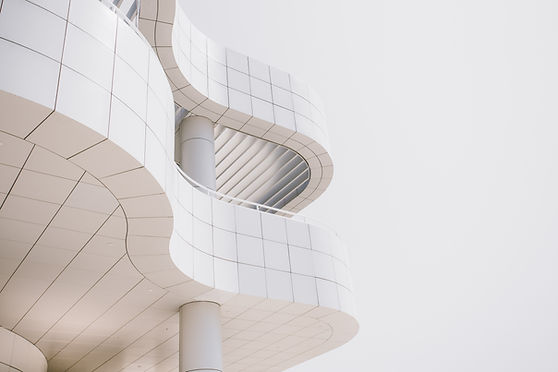Social Media Vs. Humans
- Paloma

- Aug 15, 2022
- 3 min read
An innocent Harvard social media code turns the world into a digital society, but at what cost?
By: Paloma 11.3

We are all, whether we want to admit it or not, addicted to our phones. Every day, every hour, we pick up our devices to fulfill our weariness so that our lives can feel complete. Scrolling endlessly through Instagram or TikTok and being completely ignorant of the time passing by. We want to know what everyone, everywhere, is doing. But it comes with a price. Social media has such an impact on our lives that we become blinded to what it does to us. We don't even realize it until we experience it. Many people do not understand the dangers of social media and its looming threat to society. Depression, anxiety, cyber-bullying, and isolation are just some of the consequences of consuming time on these platforms.
Watching the Social Network on Netflix opened my eyes to how social media works. With the algorithm following your every move so that it adapts itself to fit your needs and desires, it can become a terrifying place. I remember having to delete Instagram once because my feed would show me posts that would incite anxiety. At one point, I couldn't even look at my phone because these posts were all around me. It was dreadful because social media had become my escape from all the stress and madness at school. Once I had slipped away from it, I had no other resort for when times get hard. According to the website, ‘www.Etactics.com’, spending more than 3 hours on social media per day puts adolescents at a higher risk for mental health problems. Put into perspective, 3 hours is not a lot. Some applications are designed to lure in audiences to make them spend more time on it, making 3 hours seem like 20 minutes.
Social media has a feel-good nature to it. Through a quick double tap, this activates the brain’s reward center by releasing dopamine, which is a neurotransmitter that sends messages between the nerve cells in our bodies. Dopamine is released whenever the brain is expecting a reward. So, the brain rewires itself to make you desire likes, retweets, etc. Social media platforms are designed to be addictive and make us want to come back and use them. Whenever we use TikTok or Instagram, we never know what we’ll see – from fake news to satisfying ASMR videos. Similar to a slot machine. Every time we refresh the page, new things pop up, and we give in, consuming it like a drug. We go on social media because everything changes and renews for us. We are so attracted to the idea of new information that social media practically hands us information on a silver platter without us fully comprehending it. And because of the release of dopamine, we are not used to the feeling of being on it, and it can at times irritate us, making it hard not to use it anymore. As we get into the habit of not using it, we start to miss the thrill of finding something new, so we return to it. Another major issue at hand is that social media makes us compare ourselves to others. Did I get more likes than this person? Why did they like this post and not this one? We search for more and more validation. This needy craving of having a better life than someone, or making it seem like so, has become a competition between friends or even strangers. It’s somehow created a secret rivalry between relationships.
Changing habits is not an easy thing to do, it may be the hardest. But taking it little by little is what helps. Turning off notifications for unimportant apps, or not acting right away whenever there is one, can lower the constant need for urgency, which can moreover lower the feeling of anxiousness. Replacing social media with other activities may also be helpful, such as reading or listening to music. Both activities reduce anxiety and improve the mood and mental awareness. Speaking from experience, the hardest part is just putting the phone down and starting that new activity. So, try it – and see your well-being soar.





Comments